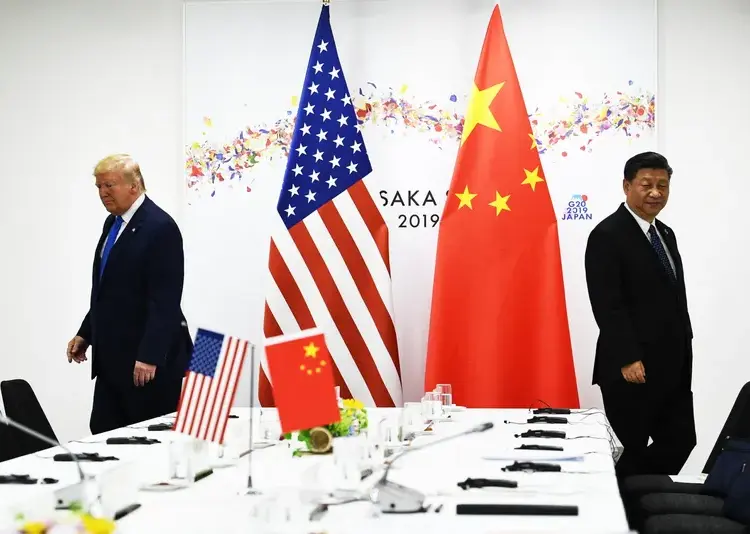China announced on Friday (4) the application of additional tariffs of 34% on all imports from the United States, as a direct response to Donald Trump’s trade war, who imposed the same rate on Chinese products earlier this week. Overall, China exports will amount 54% on taxes by the measure that comes into force on April 10.
The escalation in the trade war between the world’s two largest economies has caused strong turbulence in the markets. International oil prices plummeted: a barrel of Brent fell by more than 6% and WTI by around 6.6%. Stock markets in Asia, Europe and the US fell sharply, with the S&P 500 recording its biggest daily drop since 2020. Investors migrated to assets considered safer, such as US Treasury bonds, whose yield fell to the lowest level since October.
In addition, Beijing has said it will impose export controls on seven rare earth elements – including gadolinium and yttrium, which are essential for medical equipment and electronic products – and that it will take the dispute to the World Trade Organization (WTO). The Chinese government has called Washington’s tariffs “unilateral intimidation” that violates international standards.
At the same time, imports from six US companies have been suspended in China by the country’s General Administration of Customs. One of them is C&D (USA) Inc, which operates in the US but belongs to China’s Cofco. The customs administration detected excessive levels of zearalenone, a toxic substance produced by certain types of fungus, in sorghum exported by the company to China recently.
Other companies with suspended exports were: American Proteins, Mountaire Farms of Delaware, Darling Ingredients. They recently had salmonella detected in their poultry meat and bone meal exports. The General Administration of Customs announced, in a second statement, the suspension of imports of poultry products from two companies, Mountaire Farms of Delaware and Coastal Processing.
Chicken products from these companies were found to contain the antibiotic furacilin, which is banned in China. The organization said in the statement that the decision was taken “to avoid food safety risks at source, in accordance with the corresponding Chinese laws, regulations and international standards”.
In Brazil – which was taxed on the minimum of 10% – , the government of President Luiz Inácio Lula da Silva (Workers’ Party) is closely monitoring the fallout from the crisis and is considering possible retaliation, although the priority is to find a negotiated solution with the US. The aim is to protect strategic sectors, such as steel and aluminum, which could be directly affected by the trade barriers imposed by Washington. Brazil’s strategy involves both signaling a capacity to react and insisting on bilateral dialogue to reverse or mitigate the impacts of the tariffs.
*Colaborated: Mauro Ramos, from Beijing




